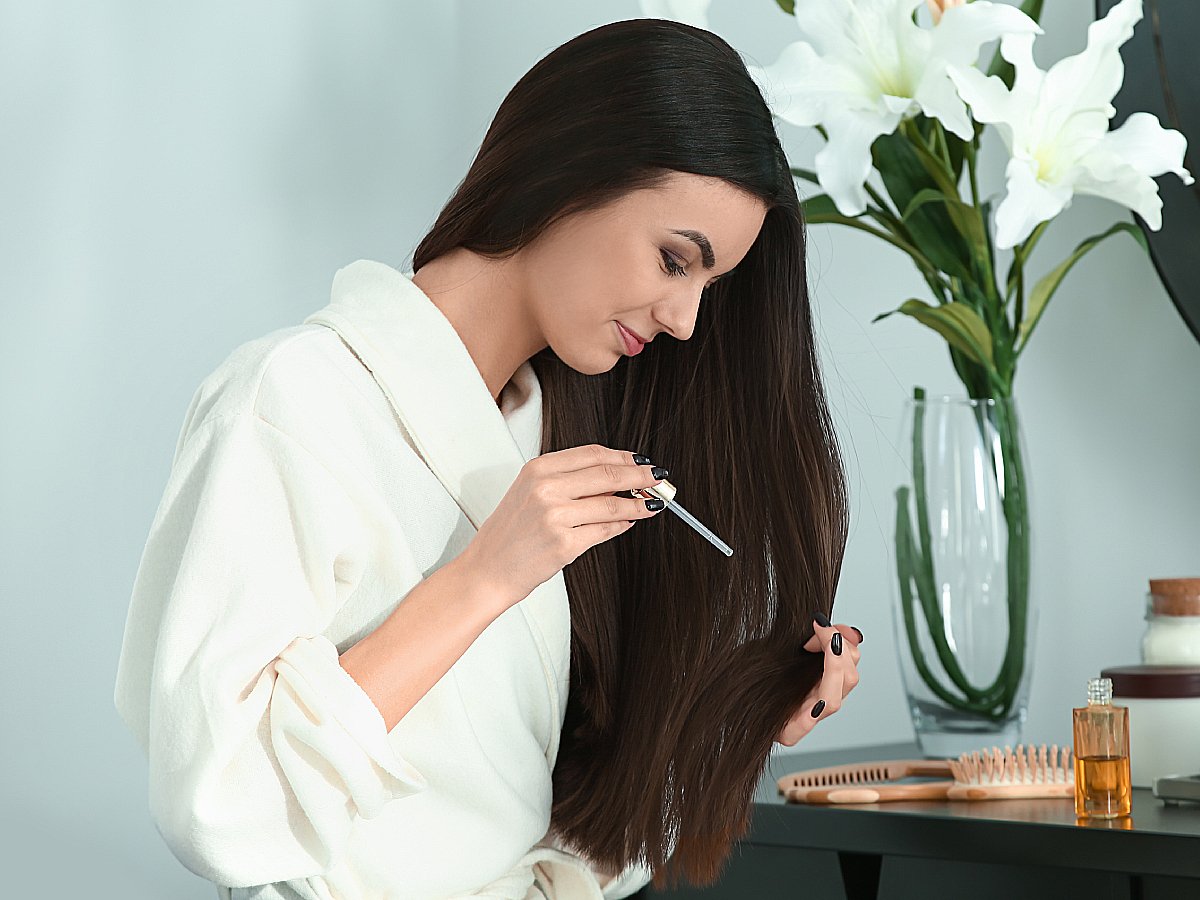Reader question:
Hey there, I’ve been reading up on natural hair care and stumbled upon something about olive oil being good for your hair. I’m curious, is there any truth to that? And if so, how should I be using it? I want to make sure I’m not just following a trend and actually giving my hair what it needs. Thanks!
Samantha Greene
New York, NY
Hi Samantha,
So olive oil has long been praised for its numerous health benefits, and recently its uses have extended to hair care as well. With its rich content of moisturizing ingredients like oleic acid and squalene, olive oil provides a natural method to nourish hair and prevent damage. In addition to improving hair’s texture and appearance, using olive oil as a conditioner can also help enhance hair growth and manage scalp health.
However, it is vital to understand that the effectiveness of olive oil may vary based on an individual’s hair type and specific needs. People with dry, thick, or damaged hair may benefit the most from olive oil treatments, while those with naturally oily hair or scalp should proceed with caution. By incorporating olive oil into hair care routines and understanding the proper application techniques, one can achieve lustrous, healthy locks.
Key Takeaways
- Olive oil is a natural hair care ingredient with moisturizing properties.
- Effectiveness may vary based on an individual’s hair type and needs.
- Proper application techniques are crucial for achieving optimal results.
The Basics of Olive Oil for Hair
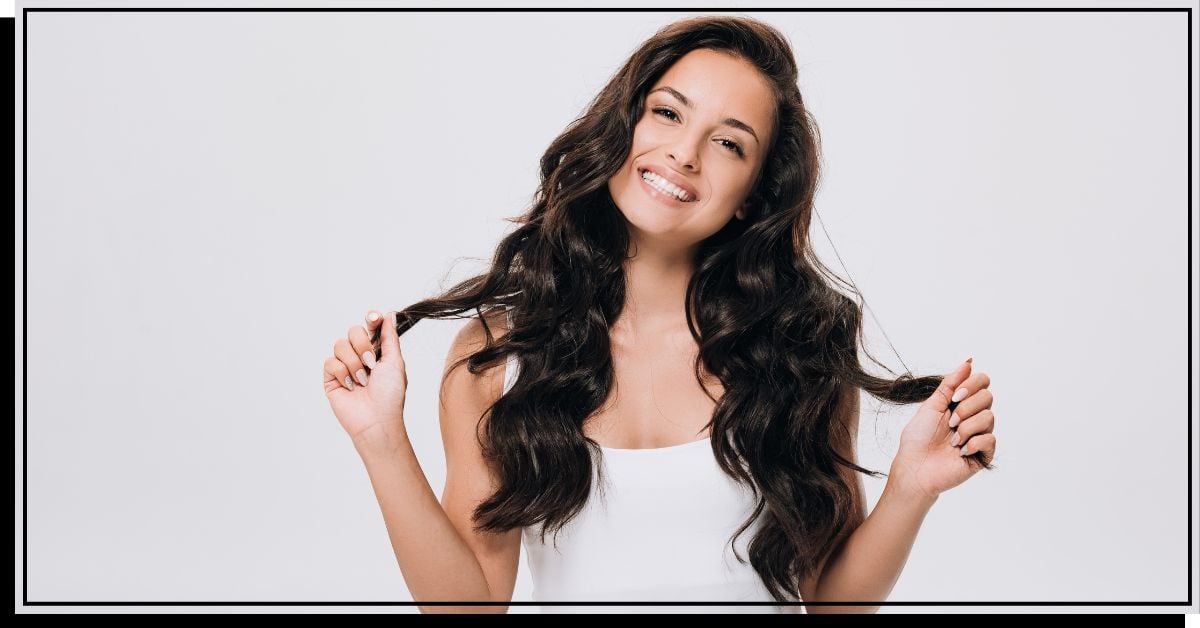
As someone who has researched and experimented with different hair care routines, I’ve come to appreciate the potential benefits of using olive oil for hair. Olive oil, a natural product obtained from pressing the fruits of the olive tree, has long been used for its nourishing and moisturizing properties for both skin and hair.
In my experience, applying olive oil to my hair has helped to soften and add shine to the strands. This is because the oil contains oleic acid and other emollients that are known for their moisturizing and softening properties. These properties make olive oil an effective and natural conditioner for improving hair texture.
Olive oil seems to provide more than just softness and shine. Some hair experts have found that using olive oil can also reduce damage, breakage, and improve overall hair health. Moreover, it has been suggested that the oil may be helpful in protecting hair from damage and preserving moisture.
When it comes to using olive oil for hair, it is important to consider the type of hair and scalp you have. In my case, I have learned that my coarse, color-treated hair has responded well to the use of olive oil. However, if you have oily hair or a sensitive scalp, you may need to adjust the amount of oil used or try a different oil altogether.
In conclusion, I find that incorporating olive oil in my hair care routine has been beneficial for maintaining the health and appearance of my hair. It is a natural and effective solution for providing much-needed moisture, reducing breakage, and improving the overall quality of the hair.
Understanding Hair Types and Olive Oil
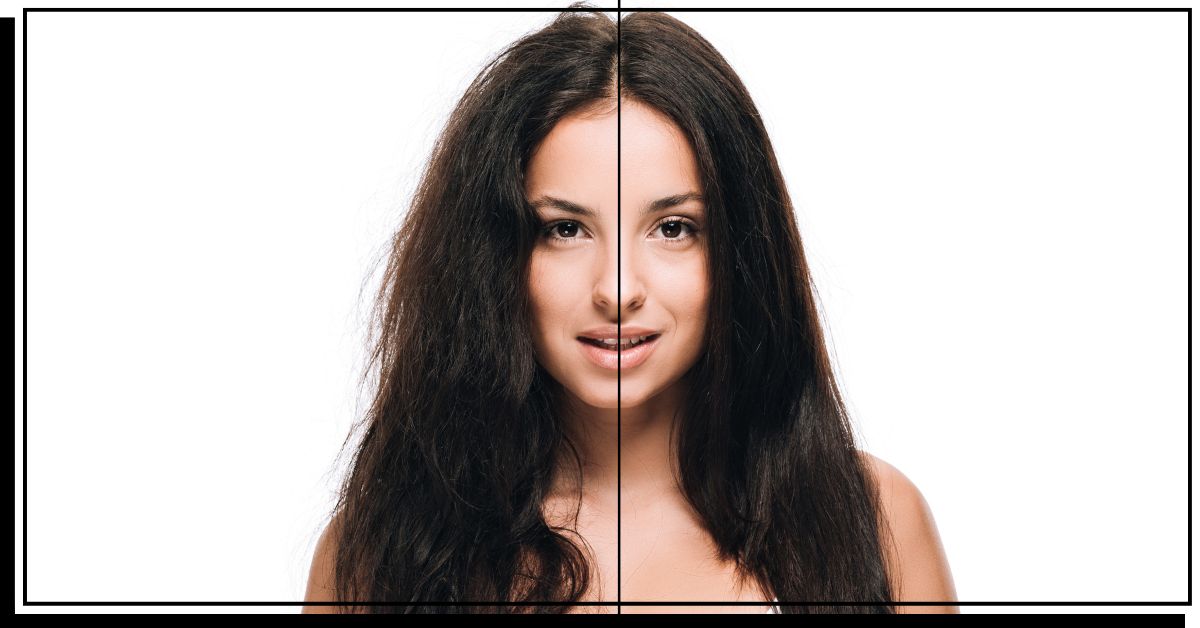
As someone who has explored the benefits of olive oil for hair, I want to share my insights on how different hair types may respond to this natural treatment. To better understand how olive oil may work for you, let’s dive into the characteristics of these hair types.
Coarse Hair
Coarse hair possesses thicker strands, which can make it more resilient and less prone to breakage. However, it may also require additional moisture to maintain its health. Olive oil can be an effective option, as it is rich in fatty acids and antioxidants, which may nourish the scalp and help preserve hair moisture. I have noticed that applying olive oil to my coarse hair provides a softening effect, making it more manageable.
Fine Hair
If you have fine hair, you may find that it is prone to breakage and lacks volume. Although fine hair may benefit from the moisturizing properties of olive oil, it’s essential to use it sparingly to avoid weighing the hair down. Using a small amount of olive oil on fine hair can help strengthen it and minimize frizz without making it look greasy.
Curly Hair
Curly hair comes in various textures, but they all share a common challenge: maintaining moisture. As someone with curly hair, I can attest to the importance of finding the right products to keep my curls healthy, nourished, and well-defined. By incorporating olive oil into my hair care routine, I have found that it helps preserve hair moisture and strengthen the strands. However, it’s crucial to experiment with various amounts of olive oil to find the right balance for your curls.
Straight Hair
Straight hair, while often looking sleek and shiny, can be prone to oil buildup. Using olive oil on straight hair has demonstrated potential as a moisturizer and conditioner. However, it’s important to remember that less is more, particularly when it comes to applying olive oil on straight hair. I usually recommend using a small amount targeting the ends to avoid excess oil and a greasy appearance.
Olive Oil as Conditioner
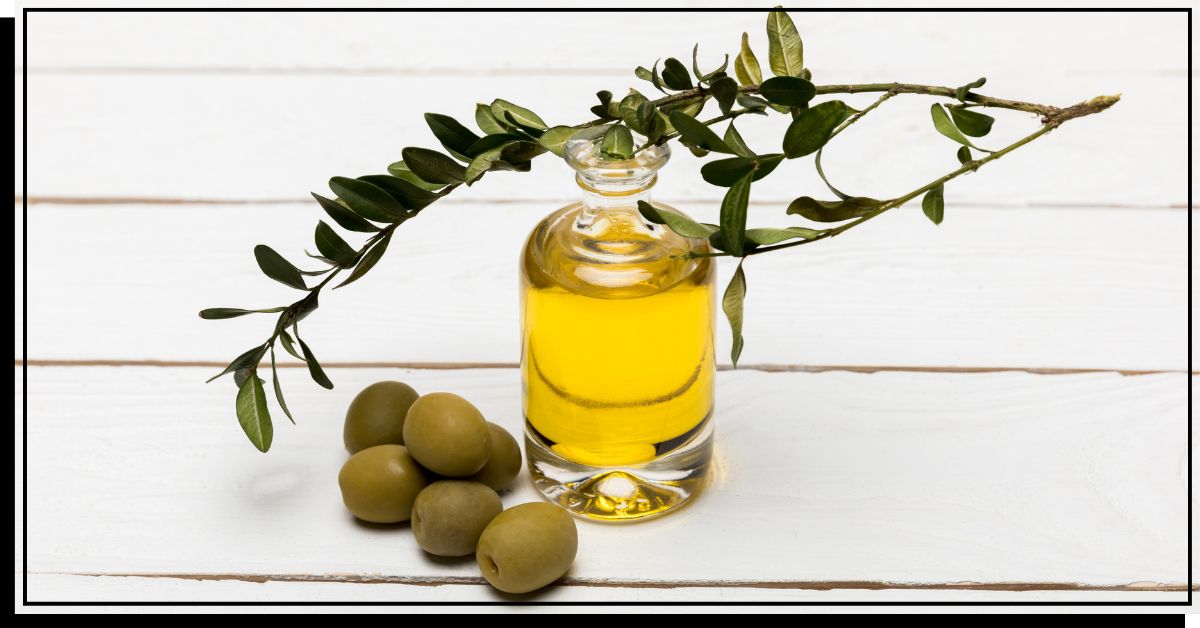
I have found that using olive oil as a conditioner is an excellent way to restore moisture and shine to my hair. Olive oil not only hydrates hair, but it also delivers a dose of antioxidants and omega-3 fatty acids to restore strength and shine. This is especially beneficial if you have color- or heat-damaged hair, resulting in a dry, straw-like appearance.
To incorporate olive oil into my hair care routine, I usually start by measuring out about one or two tablespoons of oil to use as a treatment. As you get more familiar with using it, you can experiment and adjust the amount for your specific hair type and needs. More information on how much to use can be found on Healthline.
Next, I warm the olive oil slightly to make it easier to apply. I then apply it to my hair, concentrating on the midsections and ends, as these tend to be the driest parts. After gently massaging the oil into my hair, I leave it on for about 30 minutes to an hour, allowing the nutrients to penetrate the hair shaft and provide deep conditioning. To avoid oiliness, I make sure not to apply too much oil to my scalp.
After the waiting period, I hop in the shower and thoroughly rinse the olive oil out of my hair. It is essential to get all the oil out, as it can weigh the hair down if left in. I follow this up with my regular shampoo and conditioner to remove any residue and ensure my hair feels clean and fresh.
When used regularly, I have noticed that olive oil conditioning treatments significantly improve the overall health, shine, and body of my hair. It’s essential to remember that everyone’s hair is different, so results may vary, but in my experience, olive oil has been a great addition to my hair care routine.
Benefits of Olive Oil for Hair and Scalp
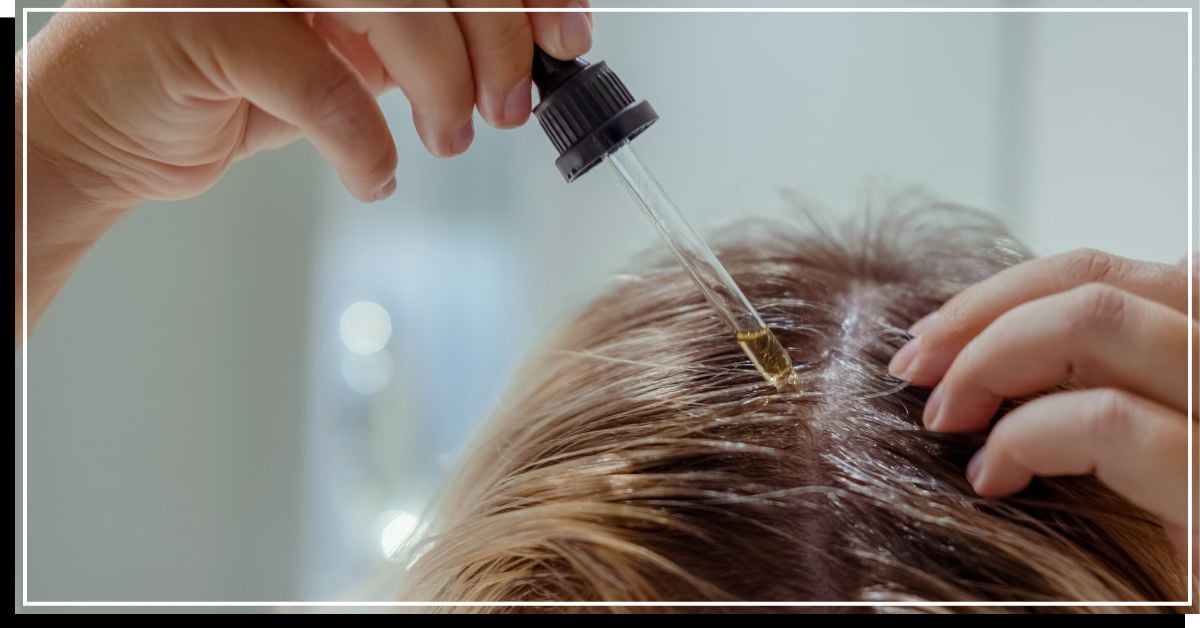
Moisturizing Effects
In my experience, one of the primary benefits of using olive oil for hair and scalp is its moisturizing effects. Olive oil helps to seal moisture into the hair fiber, providing hydration and promoting a healthy environment for hair growth. As I’ve learned, the antioxidants, vitamin E, and oleuropein found in extra virgin olive oil help to reduce the impact of oxidative stress on hair, further enhancing its moisturizing properties.
Frizz Control
I’ve also found that using olive oil can be beneficial for controlling frizz. By hydrating the hair and providing nourishment, olive oil can help minimize frizz and give the hair a smoother, more manageable appearance. As a person with frizzy hair, I often struggle with keeping my hair under control, but I’ve noticed that incorporating olive oil into my hair care routine has made a noticeable difference in reducing frizz.
Damage Repair
Lastly, olive oil can provide damage repair benefits for hair and scalp. As I’ve learned, regular use of olive oil can help protect hair from breakage and damage caused by styling tools, environmental factors, and chemical treatments. The nourishing properties of olive oil also contribute to a healthier scalp, which can lead to stronger hair follicles and potentially stimulate hair growth. In addition, olive oil has softening effects on hair strands, making them less prone to breakage and helping to repair any damage that may have already occurred.
In conclusion, using olive oil for hair and scalp can offer numerous benefits, from moisturizing and frizz control to damage repair and overall hair health improvement. By incorporating olive oil into my haircare routine, I’ve noticed significant improvements in the look and feel of my hair, as well as a healthier scalp environment to support hair growth.
The Science Behind Olive Oil for Hair
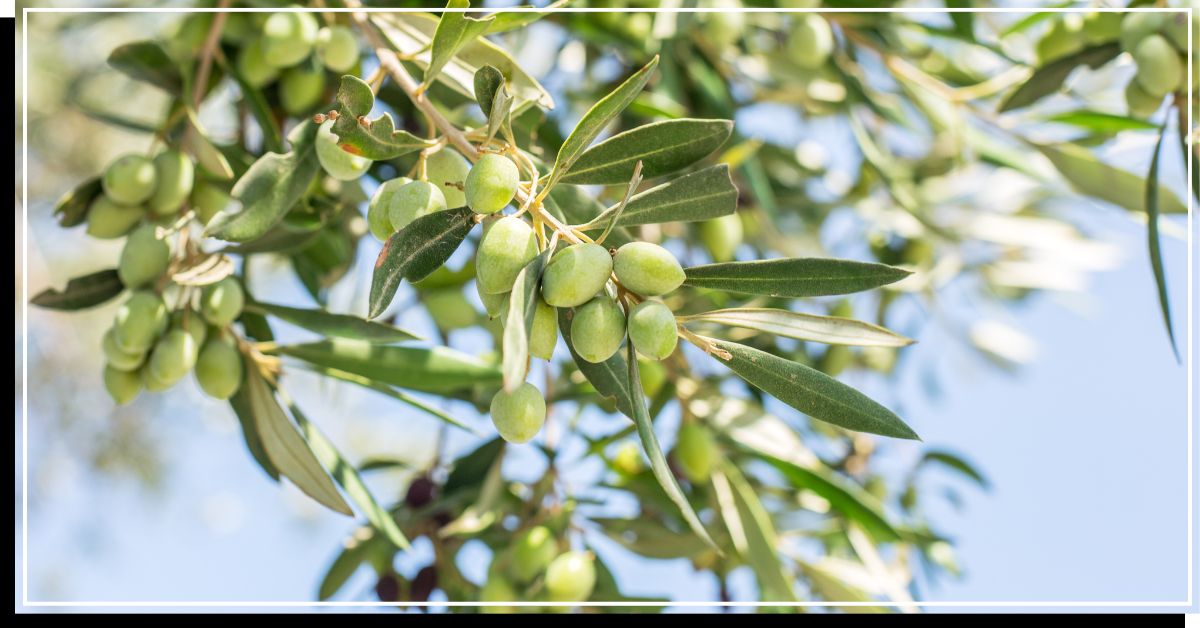
As a Certified Trichologist who specializes in disorders of the air and scalp, I have noticed many discussions around the benefits of using olive oil for hair. But what does science say? I’ve done some research into its properties and potential effects on hair health.
According to a study on mice, researchers found that applying olive-tree derived ingredients stimulated hair growth, although this doesn’t capture the complete picture. Nevertheless, we can examine the characteristics of olive oil to determine its overall benefits.
First off, olive oil is rich in antioxidants, including squalene and oleic acid that protect the hair from damage. These fatty acids nourish the scalp as it moisturizes the hair strands, preventing dryness and breakage. Moreover, the emollient properties of oleic acid soften and moisturize both hair and skin.
Despite the limited scientific evidence, the chemical makeup of olive oil shows potential for effectively moisturizing the hair. As you can see, my understanding of the science behind olive oil for hair is rooted in its composition and benefits – antioxidants, fatty acids, and emollients – that work together to improve hair health.
How to Use Olive Oil for Hair Care
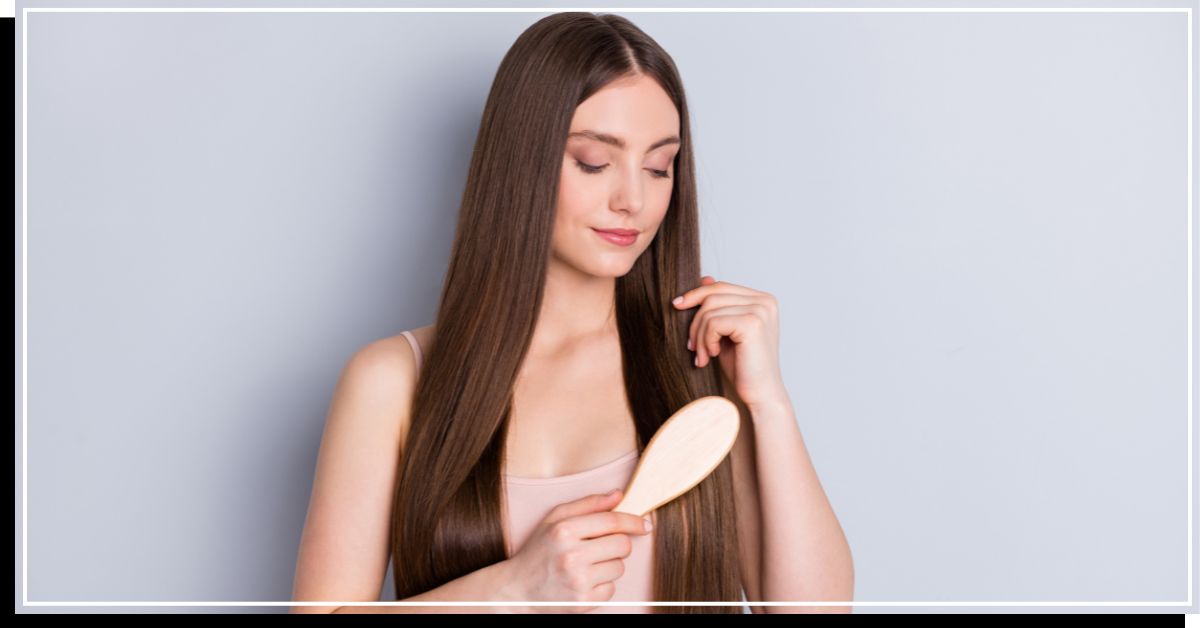
As a Mask
One way to use olive oil for hair care is by creating a DIY mask. To do this, I recommend measuring one to two tablespoons of olive oil, depending on your hair length and thickness. Before applying the mask, gently heat the olive oil in a microwave or over a stove until it’s warm but not hot. Then, apply it to the mid-shaft and ends of the hair and work into the dry tips. Providing you do not have an oily scalp, you can gently massage the oil that remains on your fingertips into the scalp. To maximize the mask’s benefits, I cover my hair with a shower cap and let the oil sit for at least 30 minutes. Afterward, I wash my hair with a gentle shampoo to remove the oil.
As a Carrier Oil
Another excellent use of olive oil for hair care is as a carrier oil. Carrier oils help dilute essential oils, making them safe to use on the scalp and hair. I often mix a few drops of my favorite essential oils, such as lavender or rosemary, with a tablespoon of olive oil. This not only helps deliver the benefits of the essential oils to my hair but also adds nourishment from the fatty acids and antioxidants present in olive oil.
In Shampoos and Conditioners
Lastly, olive oil can be found in many shampoos and conditioners as a moisturizing ingredient. When I shop for hair care products, I look for those that contain olive oil because of its nourishing properties. According to Healthline, the oleic acid in olive oil acts as an emollient, providing softening and moisturizing effects. Using hair care products with olive oil as a key ingredient can help keep my hair looking healthy and vibrant.
Olive Oil and Different Hair Treatments
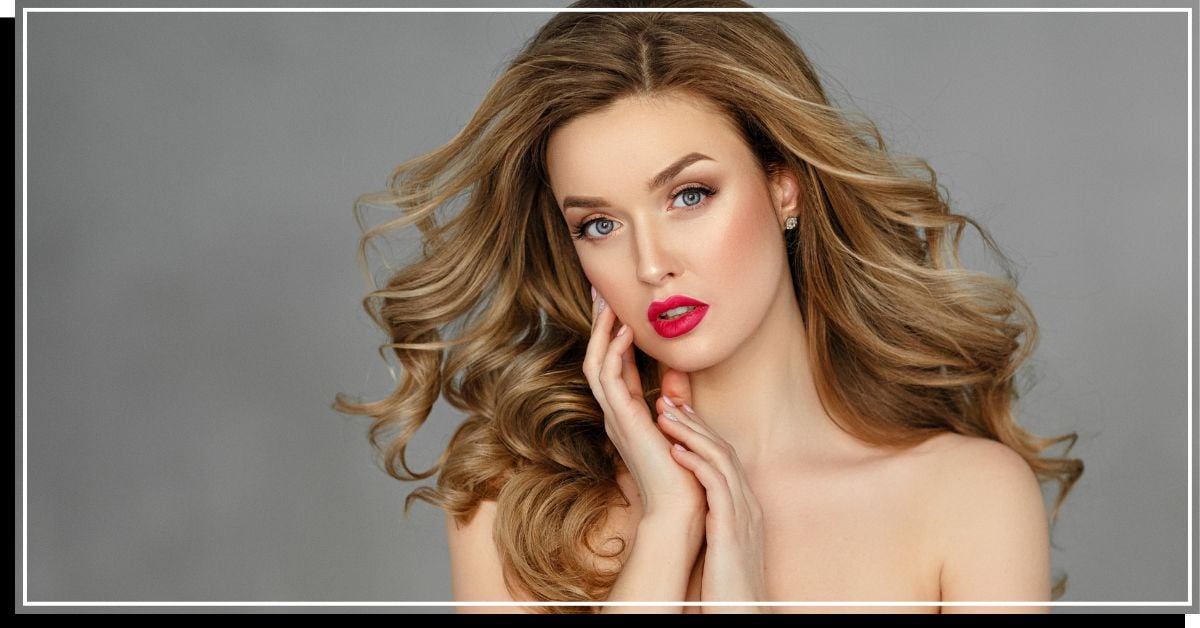
For Color-Treated Hair
I’ve found that using olive oil can be beneficial for color-treated hair. It helps to preserve hair moisture and strengthen hair, which can be especially important after using hair dye or other coloring treatments. Healthline suggests that incorporating olive oil into your hair care regimen can seal moisture into the hair fiber, helping to keep it healthy and vibrant despite potential damage from hair dye.
To use olive oil on my color-treated hair, I simply apply a small amount to my damp hair after shampooing, focusing on the ends where damage is most likely to occur. I then let it sit for 5 minutes before rinsing out with cool water. This simple process leaves my hair feeling soft and nourished.
For Relaxers and Perms
I’ve also discovered that olive oil can help protect hair when getting relaxers or getting a perm. These types of hair treatments, which involve the use of chemicals to alter the hair’s natural texture, can be harsh and lead to hair damage. Since olive oil has been shown to have potential protective properties, it can be a useful addition to a hair care routine when using relaxers and perms.
One way to incorporate olive oil is by applying it to your hair before using a relaxer or perm solution. According to Women’s Health, – you can mix a small amount of olive oil with the relaxer or perm solution to create a buffer for my hair, potentially reducing the risk of breakage. After rinsing out the solution, apply olive oil as a deep conditioner to help restore moisture to processed hair. This approach helps maintain healthy, strong hair even after chemical treatments like relaxers and perms.
Potential Risks and Considerations
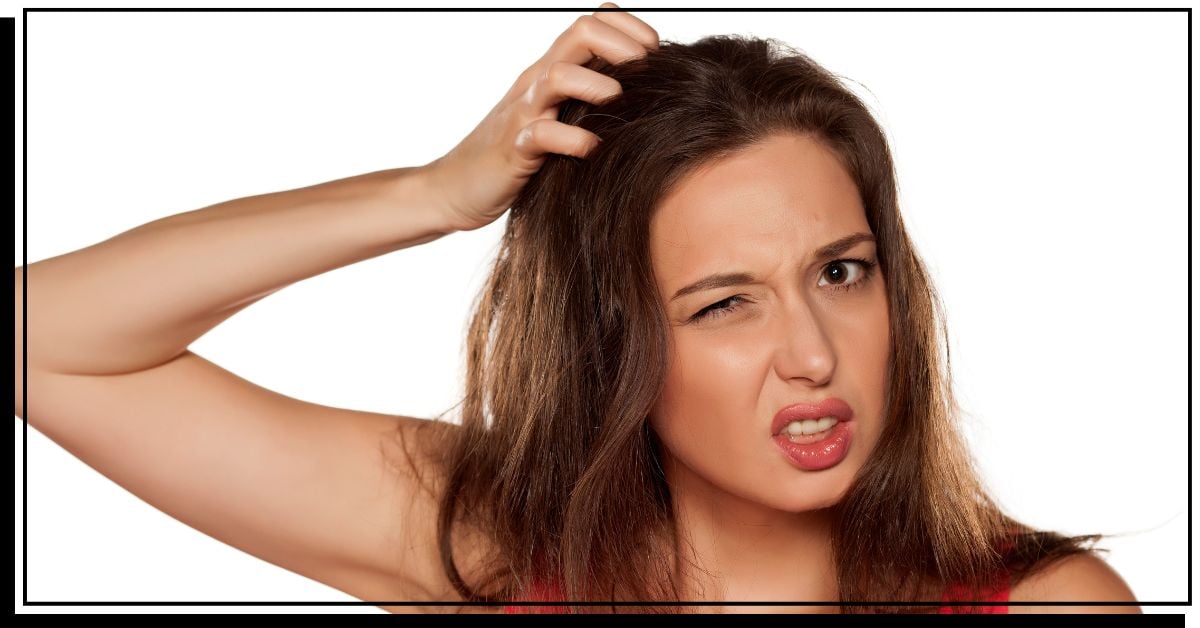
As a frequent user of olive oil for my hair, I have come across some potential risks and considerations that I think are worth mentioning. While olive oil has numerous benefits for hair health, it does come with some risks that should be taken into consideration before using it.
One major concern when using olive oil as a hair treatment is the risk of allergic reactions. In some cases, people might experience itching, redness, or even swelling of the scalp as a reaction to the oil. To minimize this risk, I always recommend performing a patch test before applying olive oil to your hair. This involves applying a small amount of olive oil to a discreet area of the skin, like behind your ear, and checking for any negative reactions over the next 24 hours.
Another point to consider is the greasiness of olive oil. Applying too much olive oil can lead to a greasy build-up, which can weigh down hair and make it look dull. To counteract this issue, I personally use a conservative amount of oil, especially when using it as a leave-in treatment.
In addition, I recommend consulting with a certified trichologist or board-certified dermatologist when considering new hair care treatments, including the use of olive oil. They can provide tailored advice based on individual hair type, sensitivities, and preferences. They can also help identify any underlying scalp issues that could be exacerbated by using olive oil, and recommend safer alternatives when necessary.
Finally, I recommend using good-quality, cold-pressed olive oil for hair care. Low-quality olive oil may contain impurities and additives that can compromise its benefits. By ensuring the olive oil I use is of high quality and cold-pressed, I can be confident in reaping the full benefits of this natural hair treatment.
Frequently Asked Questions
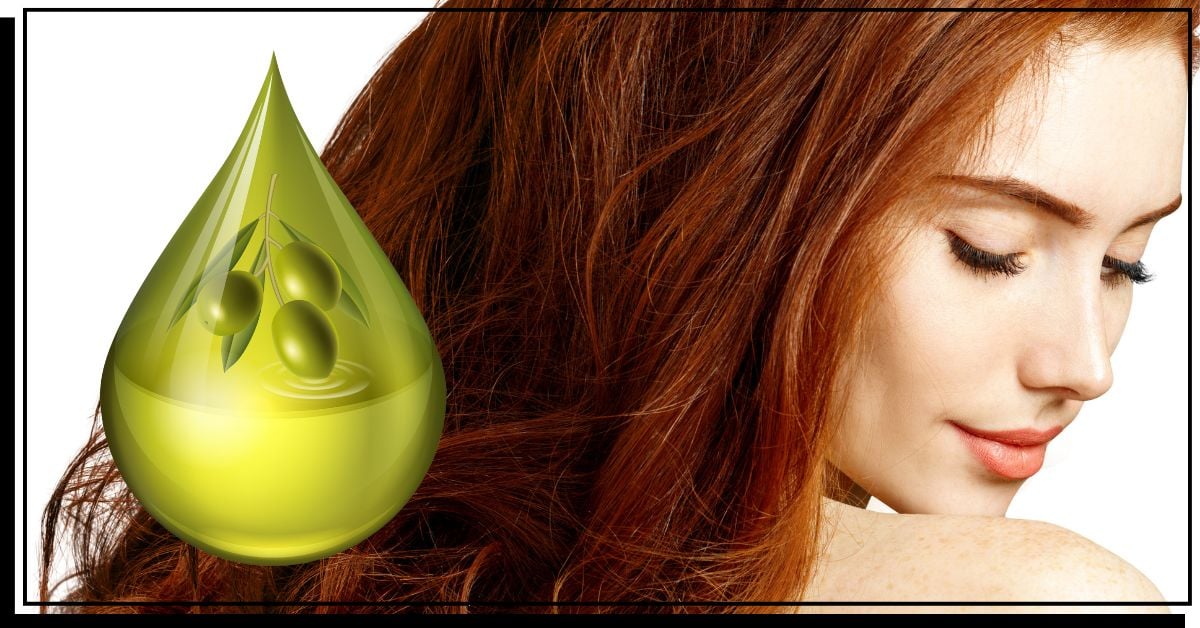
How does olive oil promote hair growth?
Olive oil hydrates hair and delivers a dose of antioxidants and omega-3 fatty acids, helping to restore strength and shine. Its ability to penetrate the hair better than other oils protects it from damage and helps to soften hair. Additionally, olive oil can contribute to scalp health, alleviating issues like dry dandruff and other scalp issues that may contribute to hair loss.
What is the best way to apply olive oil to the scalp?
I recommend warming a small amount of olive oil in your hands and applying it to the mid-shaft and ends of the hair, concentrating on the ends where damage is likely to occur.. Massage the oil that remains on your fingertips gently into your scalp to help increase circulation. Leave the oil on for at least 30 minutes, giving it time to penetrate the hair shaft. Finally, wash your hair thoroughly to remove the oil. This treatment can be done weekly.
How does organic olive oil differ from regular olive oil for hair?
Organic olive oil is produced without the use of synthetic fertilizers or pesticides, making it a more environmentally friendly and sustainable option. While both organic and regular olive oil can provide hair benefits, some people may prefer to use organic products to avoid exposure to potentially harmful chemicals.
What is the price range for olive oil hair products?
The price range for olive oil hair products can vary depending on the brand, the type of product, and where you purchase it from. Generally, the price range can start from a few dollars for a small bottle to over $50 for salon-quality treatments. It’s essential to consider your budget and needs when selecting the right olive oil hair product for you.
How do you use extra virgin olive oil for hair benefits?
For hair benefits, I would suggest using extra virgin olive oil as a deep conditioning treatment. To do this, follow the same method as mentioned above. Leave the extra virgin olive oil on your hair for at least 30 minutes before washing it out. The antioxidants and nutrients in extra virgin olive oil can contribute to healthier, shinier hair.
Which is more beneficial for hair: olive oil or coconut oil?
Both olive oil and coconut oil have their advantages for hair health. Olive oil helps to restore shine, and strength, and promote scalp health, while coconut oil can moisturize the hair, strengthen hair follicles, and reduce protein loss. The choice between these two oils depends on your specific needs and hair type. Some may prefer olive oil for its restorative properties, while others may lean towards coconut oil for added moisture and strength. Experimenting with both can help you determine which one works best for your hair.
